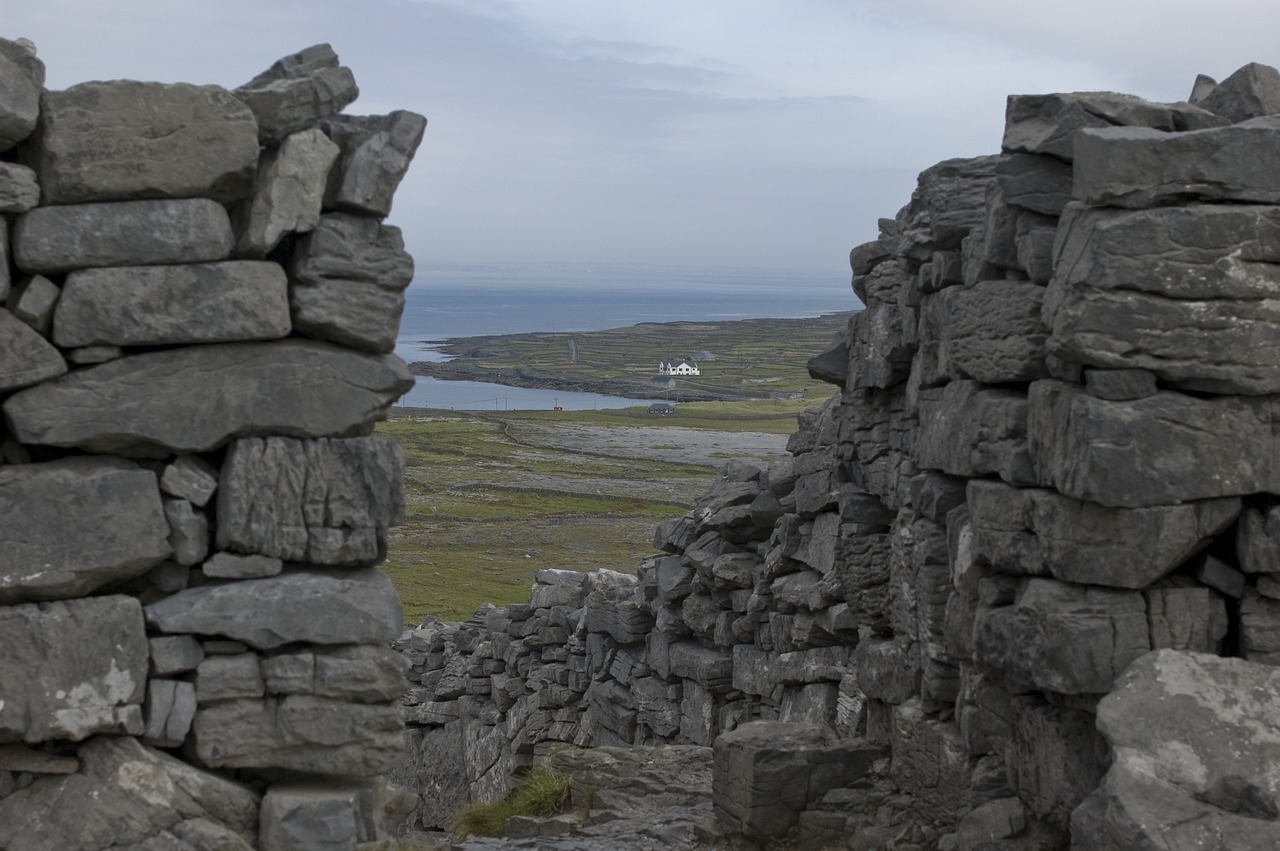Aengus, a prominent and enigmatic figure among the Tuatha Dé Danann, represents a mystical race that journeyed to Ireland long ago, bringing with them highly developed culture and artistry.
Over time, these beings ascended to the ranks of deities; their portrayal of divinity differs significantly from modern interpretations familiar to contemporary audiences.
The name Aengus (also known as Aongus, Óengus, or Angus) is interpreted as ‘the chosen one’, derived from the term ‘aon’, meaning ‘one’, and ‘gus’, implying ‘choice’—essentially ‘one-choice’ or ‘the chosen one’.
The component ‘óg’ in his name denotes youthfulness, reminiscent of the enchanting realm of faeries labeled Tír na nÓg, translating to ‘land of the ever-young’.
Aengus was the offspring of the Dagda, the father figure among the Tuatha Dé Danann, having been conceived and born on the same day through enchanted spells.
This unique origin made him a symbol of eternal youth, representing a man forever in the vibrant bloom of life.
Aengus possessed a magical harp that entranced all who listened, creating an allure they could not resist. Birds symbolizing Aengus’s kisses were said to hover nearby, believed to convey messages of love as he serenaded and played beautiful tunes that captivated young hearts.
The Tragic Love Tale of Diarmuid and Grainne
Aengus is further depicted as the protector of the tragic romantic figures Diarmuid and Grainne, a narrative extracted from one of the most poignant tales within Irish mythology.
Set during the Fenian Cycle, the story unfolds with Grainne, daughter of High King Cormac MacAirt, whose astounding beauty made her legendary throughout Ireland.
Numerous nobles and chieftains sought her hand in marriage, yet their pursuits were fruitless.
Then enters Fionn MacCool, the venerable leader of the Fianna warriors, who, despite his elderly status, aspired to marry Grainne and make her his second wife.
Given his reputation as Fionn of the Fianna, a man who consumed the salmon of knowledge, it was no surprise when Grainne agreed to the union.
A grand banquet was arranged to celebrate the impending marriage. However, destiny intervened that evening as Grainne and Diarmuid first caught sight of one another.
Diarmuid, a young and valiant warrior of Fionn’s crew, instantly captivated Grainne, who realized her true affection lay with him and not with Fionn.
Determined to have Diarmuid for herself, Grainne administered a potent potion, sending the entire gathering into a deep sleep, with Diarmuid as the only exception.
In their solitude, Grainne confessed her love, yet the chivalrous Diarmuid resisted, unwilling to betray his mentor and leader.
Undeterred, Grainne enchanted him, making him fall deeply in love with her, and together they fled into the night to begin a life of evasion.
Fionn, enraged, pursued the couple relentlessly, but Aengus Óg intervened, guiding them through Ireland’s hidden wonders—its forests, caves, and secrets.
As they evaded capture, Diarmuid and Grainne traversed the land as fugitives, love guiding them. Eventually, Grainne became pregnant.
However, they could not run indefinitely; the repercussions of their choices loomed as Fionn’s warriors caught up with them.
A prophecy warned Diarmuid that a boar would be his undoing. When they encountered one while crossing Benbulben in County Sligo, panic ensued.
Diarmuid bravely confronted the charging boar, attempting to shield Grainne and their unborn child, but as he struck the creature with Aengus’s gift of a sword, it left him with a devastating wound.
Fionn’s men discovered the grievously injured Diarmuid and Grainne, who desperately implored Fionn to save him.
She pleaded with Fionn to allow Diarmuid to drink from his magical hands, a gesture that could potentially save his life. Yet, Fionn’s stubbornness clouded his judgment, and despite the pleas of others, he refused.
It was only when Fionn’s son Oisin threatened to confront his father that Fionn relented, racing to Diarmuid with water cupped in his hands, but tragically, it was too late.
Grainne cradled her love in anguish, bearing witness to the loss of her true soulmate.
Aengus’s Own Heartache
The youthful love deity Aengus also experienced heart heavy with longing in the narrative “Aisling Óengus,” or the Dream of Aengus, which tells of his unreciprocated love for a mysterious woman haunting his dreams.
Taken by her allure, yet unable to touch or discover her identity, Aengus fell into despair, his physical vitality diminishing as he faced emotional turmoil.
In his desperation, he sought assistance from his parents, the Dagda and Bionn (or Boann, named after the Boyne River).
The Dagda enlisted the aid of Bov the Red, a powerful figure among the Tuatha Dé Danann, tasking him to search all of Ireland for Aengus’s dream maiden.
For a year Aengus waited in anguish for Bov’s return, and as time passed, hope flickered until Bov delivered news of finding the woman at the Lake of the Dragons Mouth.
Rushing to the location, Aengus discovered 150 beautiful maidens adorned with golden chains, but among them, one stood out—her name was Caer, the daughter of a powerful sídhe named Ethel.
Ethel staunchly opposed Aengus claiming her daughter, leading to attempts at persuasion from Aengus’s allies, but ultimately to no avail.
As Aengus learned of Caer’s magical transformation into a swan on the first of November, he made his way to the lake on Samhain, where he saw 150 swans, but it was Caer who captured his heart.
Boldly, he declared his love, and in return, he was transformed into a swan, uniting with Caer as they soared toward his palace, Brú na Boyne (modern-day Newgrange).
Accompanied by enchanting fairy music that lulled all within hearing into a deep slumber, their story echoed the enchanting and sometimes tumultuous experience of young love.
Many other tales exist regarding Aengus, but these primarily reflect his role as a youthful deity of love, evoking the intense feelings associated with burgeoning romance and the lengths to which it can lead individuals.



